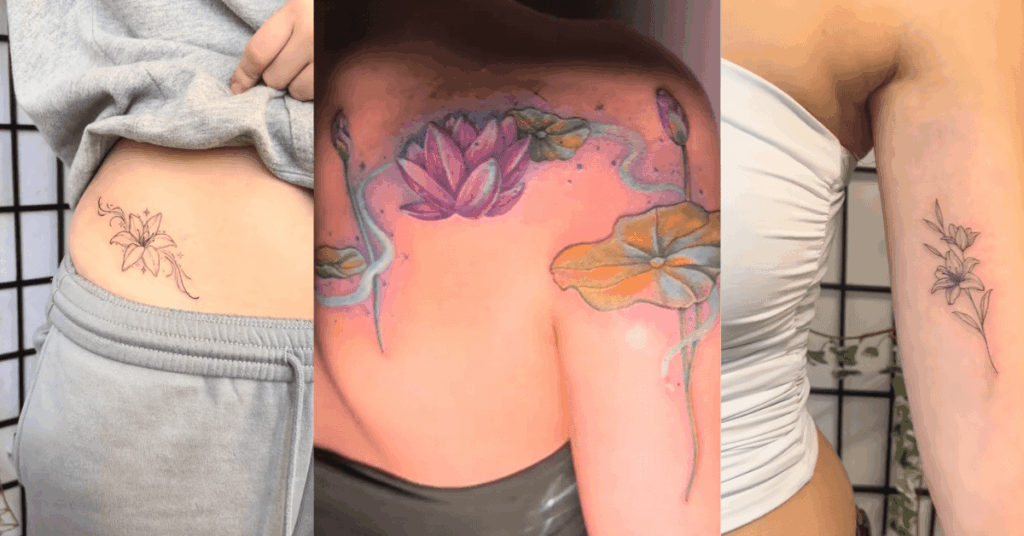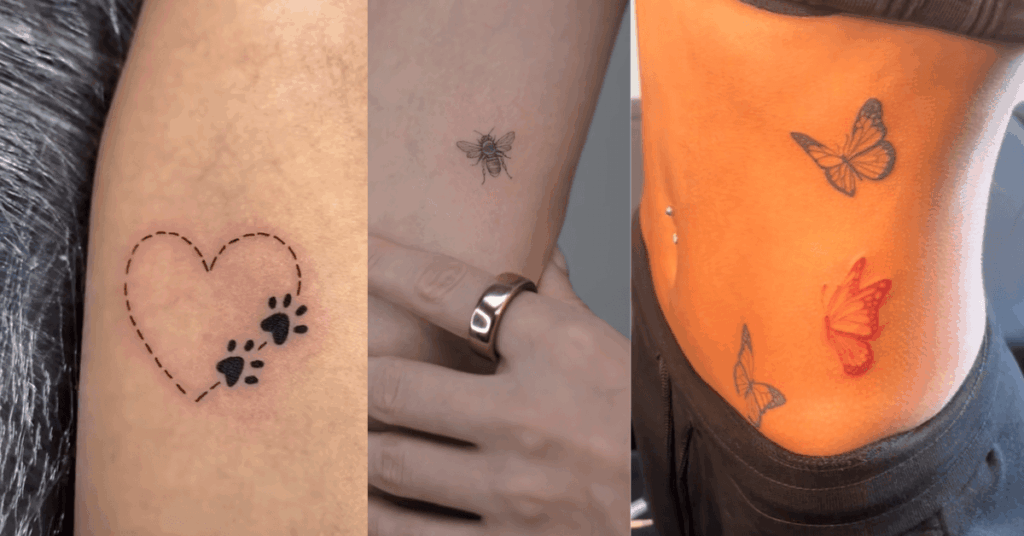Vibe Skate Outfit Ideas for Women
Skate outfit ideas are all about mixing comfort, function, and a little personal edge. Whether you’re riding daily or just love the look, the right pieces can help you move freely and still feel confident. From loose cargos to classic sneakers, we break down skate outfit ideas to inspire your next skatepark slay or photo-worthy […]









